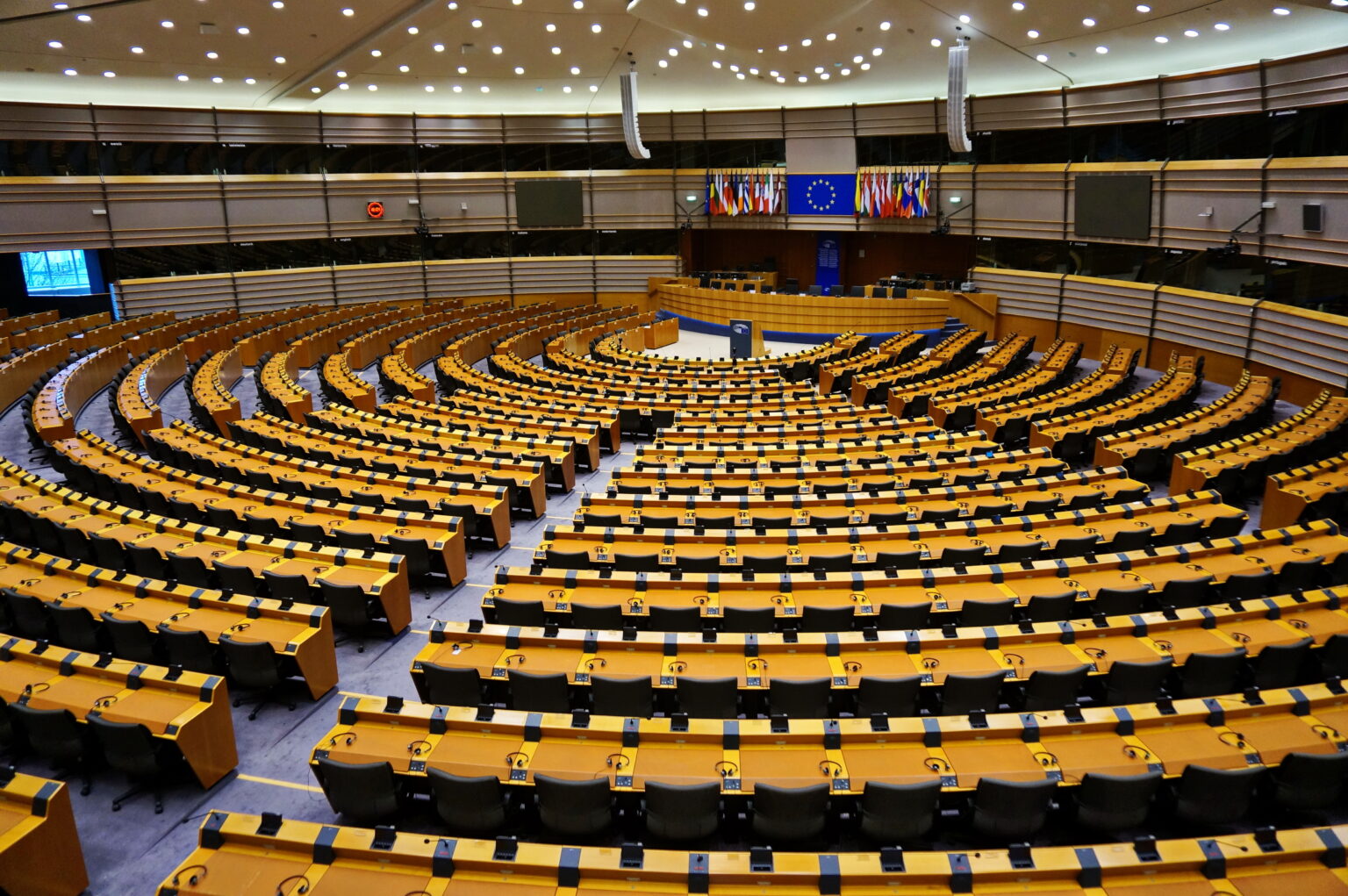Portugal’s shift to the right in the 10 March elections was particularly significant: Chega, a far-right party, almost tripled its votes to become the country’s third largest party. This phenomenon is taking place between the mirage of the election results in the Netherlands a few months ago, where the far-right Gert Wildeers, leader of the Party for Freedom (PVV), won 35 of the 150 seats, or the Meloni government in Italy as a reference point for the far right gaining government power. The rise of the far right in several European countries is an ominous prospect ahead of the next European Parliament elections in June 2024.
Latest polls point to the right
At the beginning of March, the congress of the European People’s Party (EPP) was held in Bucharest, where the current president of the European Commission, Ursula von der Leyen, spoke about the challenges facing Europe in the face of what she sees as a threat: “The peaceful and united Europe is being challenged as never before by populists, nationalists and demagogues,” she said.
The leader of the European Conservatives, who is standing for re-election, was referring to this phenomenon in an alarming context less than three months before the parliamentary elections. According to the European Council on Foreign Relations, “anti-European populists are likely to lead the polls in nine member states (Austria, Belgium, the Czech Republic, France, Hungary, Italy, the Netherlands, Poland and Slovakia)”. They add that for the first time “a right-wing populist coalition of Christian Democrats, conservatives and far-right MEPs” could win a majority.
In the last elections, held in 2019, the European People’s Party was the leading force (178 seats), followed by the European Social Democratic Party (S&D), which won 140 seats. In the same year, the Identity and Democracy list was created, bringing together various far-right movements such as those led by Marine Le Pen (France) or Geert Wilders (Netherlands). The new Europe Elects poll, on the eve of the election campaign, shows an increase in voting intentions for far-right parties: “The third largest group in the projection, Identity and Democracy (ID), has 92 seats this month, one more than in the January poll. The other right-wing party, the national-conservative European Conservatives and Reformists (ECR) – to which VOX belongs – gains three seats and would now have 83”.
Bearing in mind that the European Parliament is made up of 705 seats, if the predictions come true, we would be talking about far-right lists accounting for almost 25% of the composition of the European Parliament.
How does the European Parliament work?
The European Parliament is the EU’s law-making body. European citizens vote and elect their representatives every five years. On the basis of proposals from the European Commission – the EU’s executive body – the Parliament is responsible for approving draft laws, maintaining democratic control over the European institutions or setting the EU budget together with the Council – as well as approving the EU’s long-term budget, that is, the ‘multiannual financial framework’. In addition to its legislative powers, the European Parliament has the power to elect the members of the European Commission, including the President – currently the most popular member, the conservative Ursula von der Leyen.
How could it lead to more seats for the far right?
The increased presence of the far right in the Parliament could lead to an increased presence in the Commission, and all of this together could hinder common goals that the far right does not like, such as feminist or LGBTQIA+ policies. Oxfam Intermón points this out in its latest report on voting patterns, which confirms that “far-right parties are the ones that have consistently voted against gender equality measures in general”. Therefore, the greater voting power of the far right could have a direct correlation with greater paralysis in the face of progress on equality issues and more obstacles in negotiations – in addition to overshadowing with its reactionary discourse and forcing conservative parties to move to the right.
Oxfam mentions that this could contribute to pressure on EU institutions to follow in the footsteps of the:
“anti-feminist and anti-LGBTQIA+ backlash and halt progress on gender equality across Europe in the coming years”
Evelien van Roemburg, director of Oxfam’s EU office, recalls that while the European Commission has adopted its first ‘LGBTQIA+ Equality Strategy 2020-2025’, some EU member states such as Hungary and Poland – countries with a strong far-right presence – have failed to “recognise and protect the rights of LGBTQIA+ people”. Looking ahead to next June’s elections, with a plausible rise in the far-right vote, the director of Oxfam’s EU office says: “Given the far-right’s track record, this is a wake-up call for gender justice. European citizens must vote for women’s rights and gender equality. We cannot let the hard-won gains on gender equality slip away.


